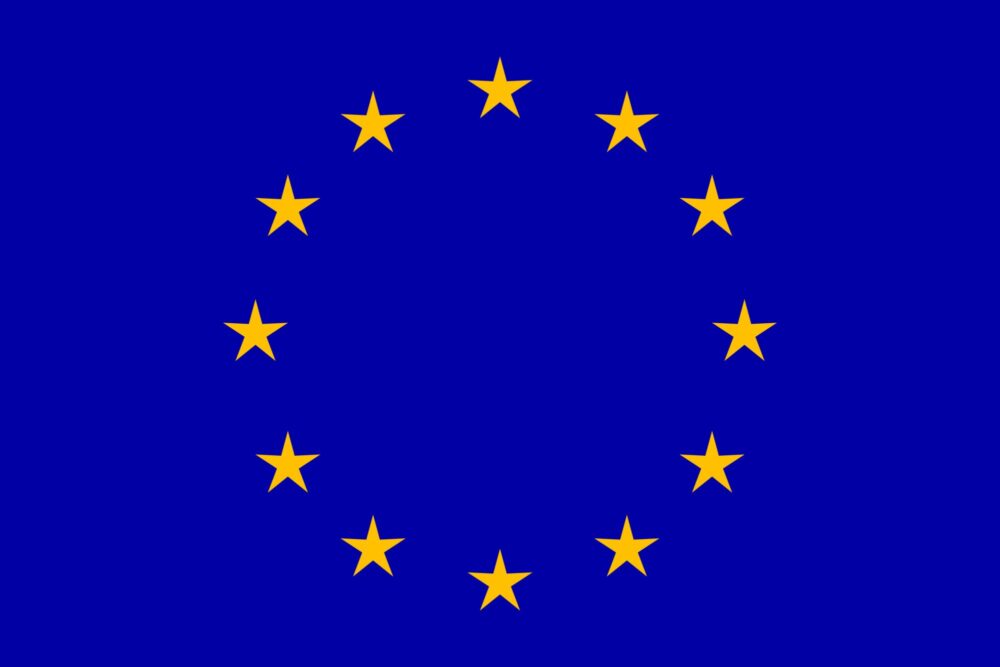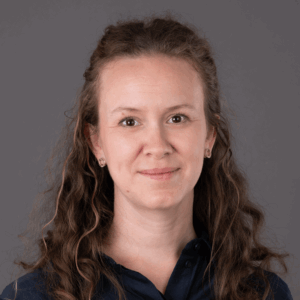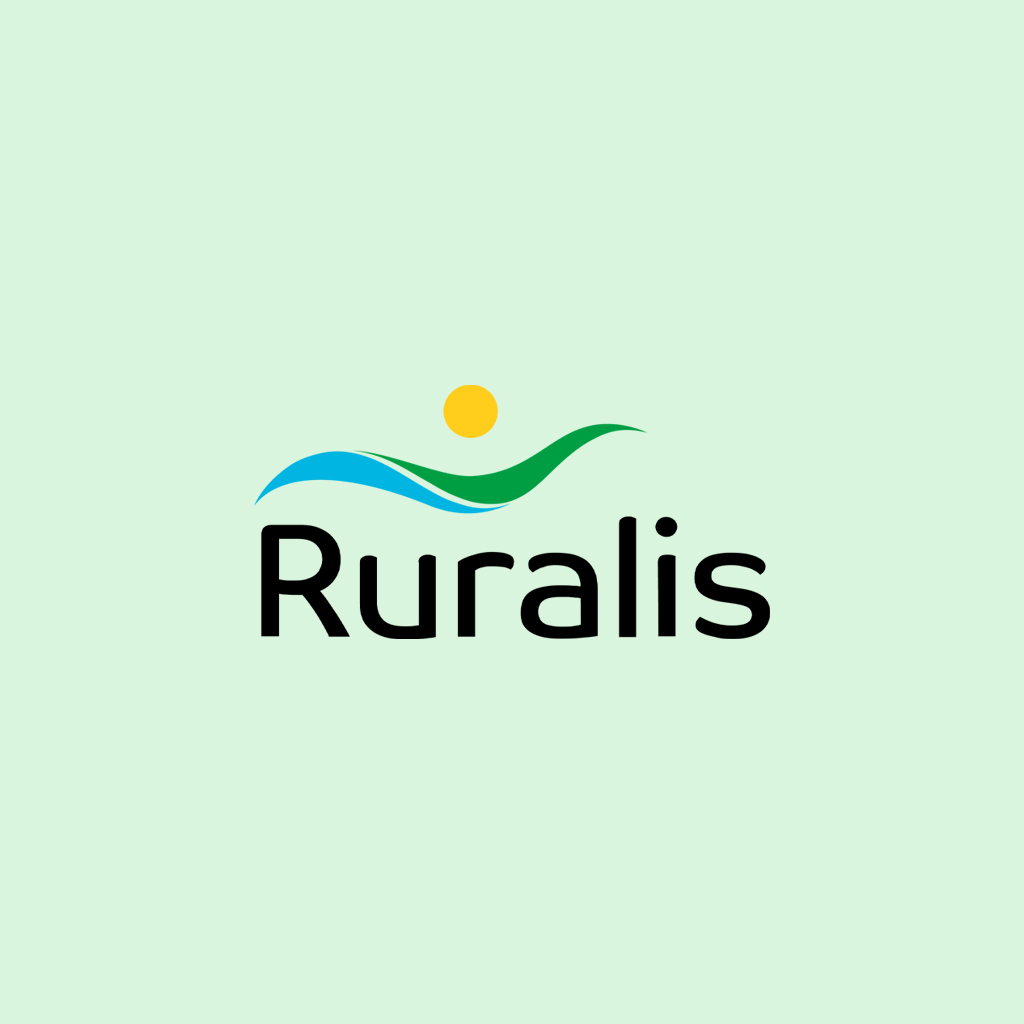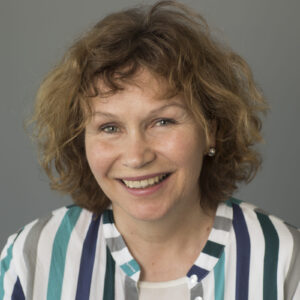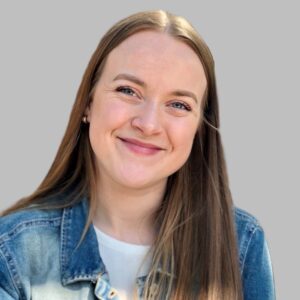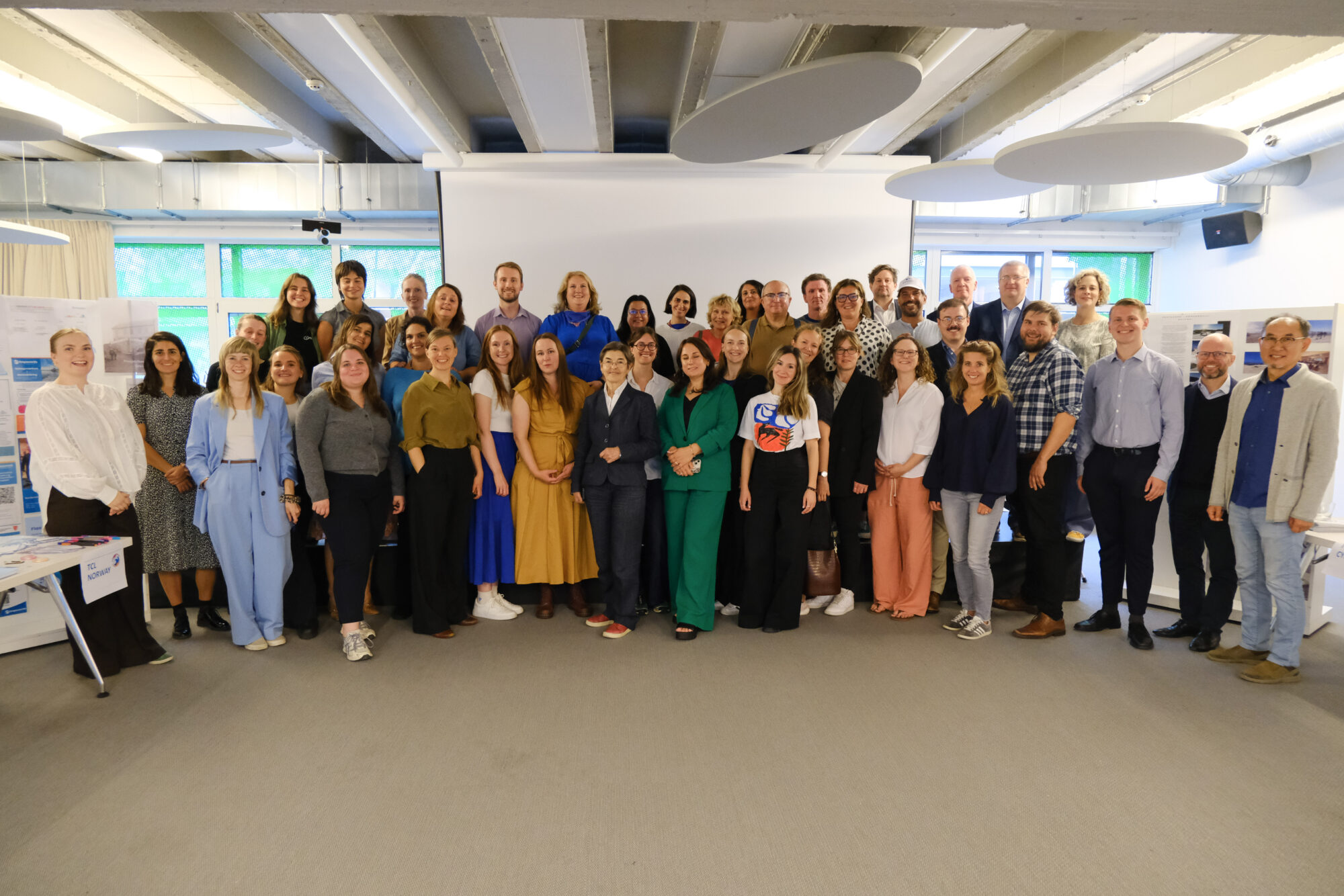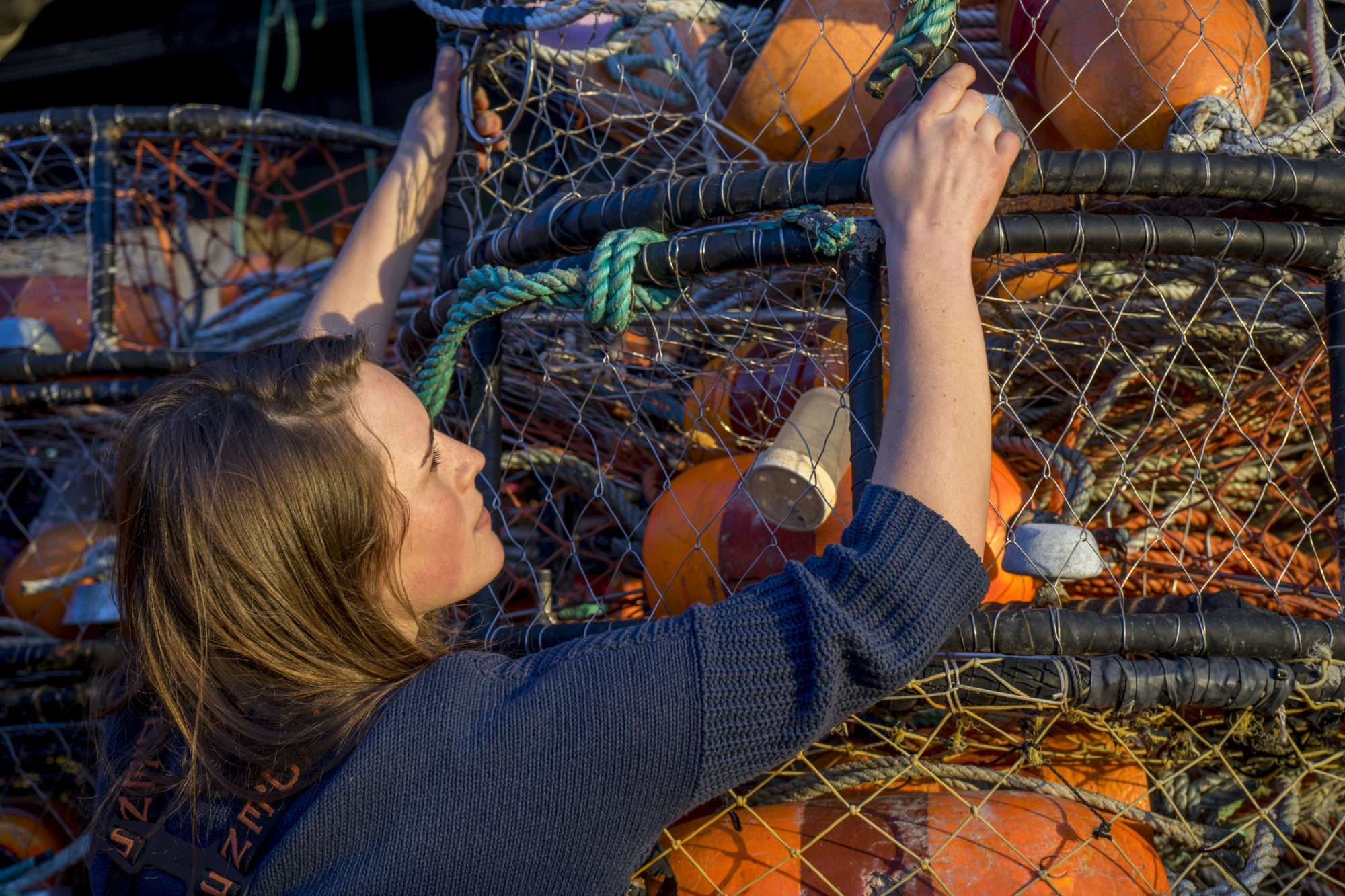Socio-economic Empowerment of coastal communities as users of the sea to ensure sustainable coastal development (EmpowerUs)
EmpowerUs will enable coastal communities to act for change and transition towards sustainable, inclusive and resilient coastal developments.
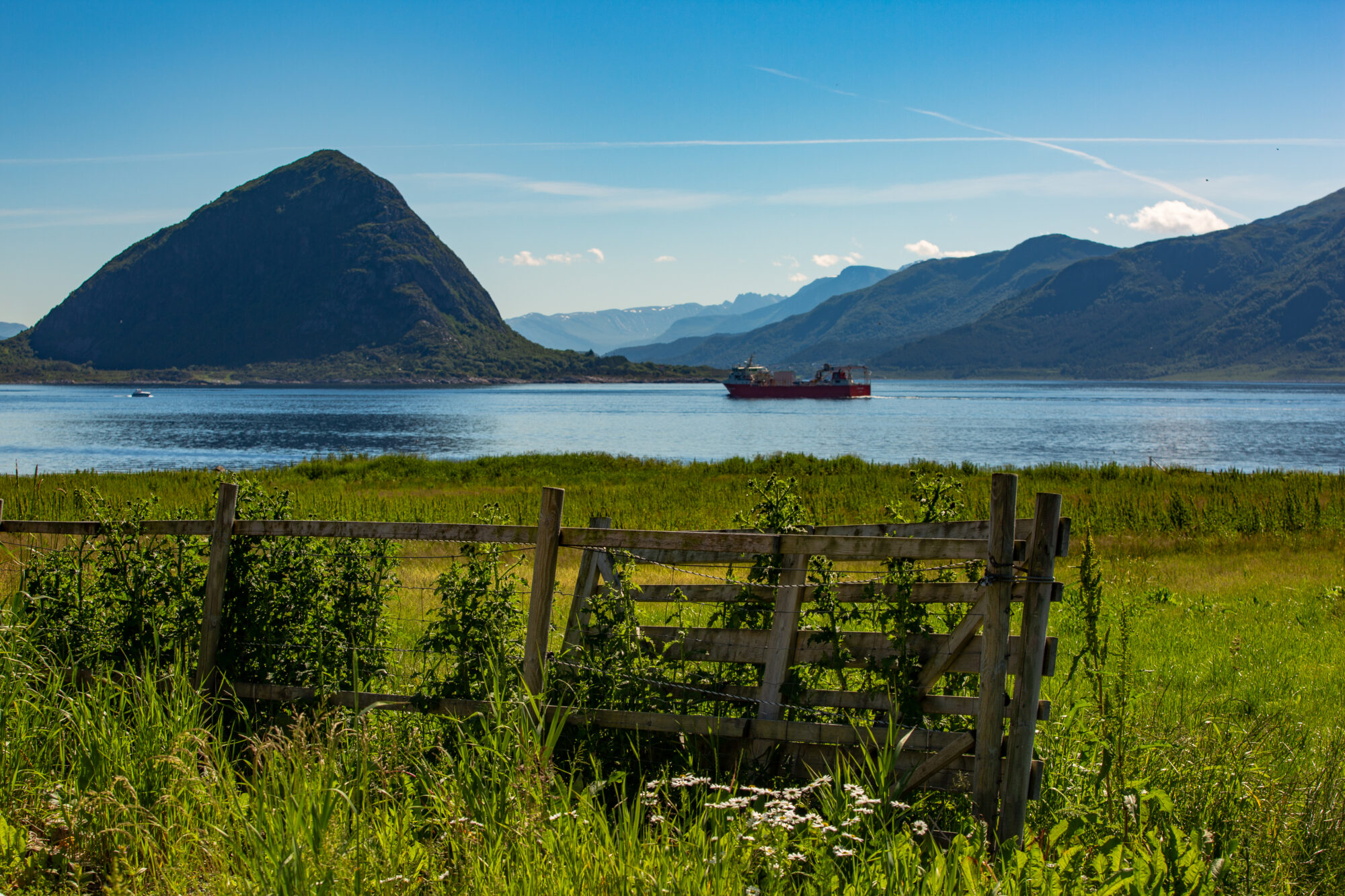
We assume that true empowerment implies research and innovation should catalyse, facilitate and support coastal communities in the acquisition of power through a variety of tools, methods and co-production with the inclusion of all actors, at local, regional, national and European levels.
EmpowerUs will develop an adaptive transformation mechanism via a network of six Transition Coastal Labs (TCLs) across all EU coastal regions. Recognising that no one solution will address the myriad of challenges coastal communities face, the EmpowerUs transformation mechanism will be adaptive and based on a multi-actor transdisciplinary approach.
The project will co-create, pilot and evaluate Tailored Empowerment Programmes that include a portfolio of social innovation and Nature-Based Solutions. By facilitating capacity building through improved understanding of challenges, barriers and enablers of change and increasing Ocean Literacy through nature connectedness and cultural heritage, EmpowerUs will support social innovation and self-sustaining communities. The EmpowerCoast digital twin/digital GIS platform will ensure the EmpowerUs mechanism is available to all coastal communities to take up and use in supporting sustainable actions.
The EmpowerUs consortia is balanced, complementary and transdisciplinary with key expertise in socio- economic technical, and ecological issues and the science-policy needed to achieve the project’s aims and objectives. EmpowerUs will provide innovative platforms to empower citizens to take transformative actions in line with EU policies to meet global challenges including biodiversity degradation and climate change at a local scale, supporting just, inclusive and sustainable coastal development.
Ruralis takes on a key role in the project as the Gender and Diversity coordinator who oversees the Gender, Equality and Diversity strategy and the Gender and Equity Board and sits within the EmpowerUs Steering Committee.
Ruralis further has the responsibilities of two tasks in Work Package 5 – a Work Package focused on developing a “Synthesis of Inclusive Transition Mechanisms that enable just, sustainable outcomes”. Our tasks particularly focus on developing a handbook of inclusive methodologies in support of empowerment of diverse actors as well as to assess the inclusiveness of methodologies in EmpowerUs project activities.
Project details
Project leaders
External project coordinator
Project number
6653
Project period
01/10/2022 - 30/09/2025
Collaboration partners
Nordlandforskning (NO)
ERINN Innovation (IE)
The Queen’s University of Belfast (UK)
Aalborg University (DK)
Helmholtz Centre for Environmental Research – UFZ (DE)
Ruralis – Institute for Rural and Regional Research (NO)
Institute for Technology Sligo – ITS (IE)
The Autonomous University of Barcelona (ES)
Ludwig Maximilian University of Munich (DE)
CMMI – Cyprus Marine and Maritime Institute (CY)
Luke Natural Resources Institute Finland (FI)
Kunnskapsparken Helgeland AS (NO)
UDARAS NA GAELTACHTA (IE)
Bulgarian Biodiversity Foundation (BG)
Development Agency of Lemesos (CY)
Allmana Forvaltningen (FI)
Financing
Horizon Europe Research and Innovation Action HORIZON-CL6-2021-COMMUNITIES-01-04
News
The Coastal Horizon Europe Research and Innovation project EmpowerUs has come to an end!
The project has focused on supporting six “Transition Coastal Labs” in Burgas (Bulgaria), Åland (Finland), Eastern Limassol (Cyprus),…
Ruralis research on gender and equity in EU project
EmpowerUs has a framework of NOK 60 million over three years, and it will take place in coastal…
Publications
- Article
2025
- Article
2025
Contact us
Would you like to get in touch with us?
Fill in the form below and we will answer you as soon as possible.
